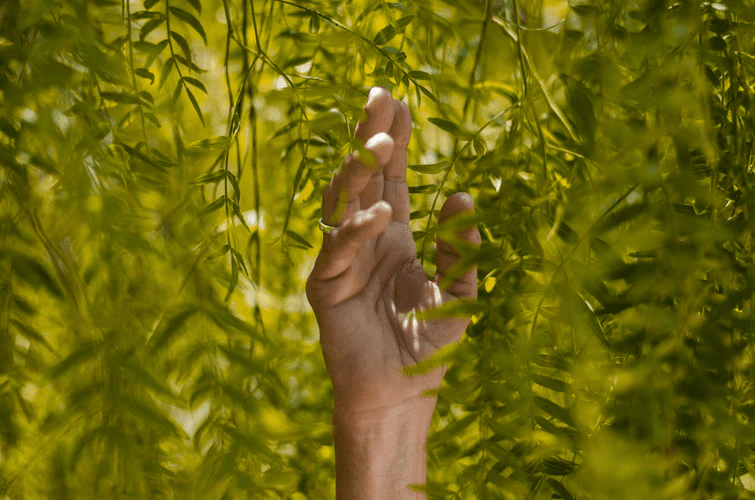What does sustainability mean?
When we say ‘sustainability’, what do we mean? The most commonly used definition comes from the Brundtland Commission, 1983. The United Nations got the former Norwegian Prime Minister Gro Harlem Brundtland to run the new World Commission on Environment and Development. After four years, the Brundtland Commission released their report defining sustainable development as:
“Development that meets the needs of the present without compromising the ability of future generations to meet their own needs.”
This seems acceptable, right? In reality, to this day, not everyone agrees on a single definition of what sustainability means, although the Brundtland definition is the most widely used. This inevitably poses a range of problems when it comes to implementing and enforcing policy.
Differing definitions
Some businesses refer to the ‘triple bottom line’ when discussing sustainability in terms of increasing profits, improving the environment, and improving social wellbeing. Some other definitions include:
While all these definitions are different, often containing terms that need further definitions, they all contain similar themes – Our resources. The environment. Maintaining equity.
The Brundtland definition
While the Brundtland definition is the most widely accepted, this is due to the number of countries involved with the UN which popularised the definition. Around 198 countries subscribe to this view, however, it doesn’t mean the definition is without its flaws. For example, the definition describes sustainability as “development that meets the needs of the present…”, which raises the question of: how do we define development?
Is it a state that a country should reach or is it an ongoing process? What exactly are the current generations and future generations “needs”. Needs and wants change over time, and who gets to decide what the world needs? That’s a lot of power for a few people sitting in a room. This is all a story for another time, considering these definitions are even more contested than those of sustainability.
With this in mind, it’s understandable why sustainable development policy is so difficult to develop and implement when many people (and governments) are hung up on the semantics. This doesn’t make it an impossible task. Rather, it means we need more voices to come together and make positive changes step by step towards universal goals with clear benefits, such as the 17 UN SDGs. We can act now and worry about what we will write in the history books later.
Impact ensures your business is continually making great decisions for the environment, for the communities you work with, and for your business. We do this by turning even the most complex tasks into easy-to-interpret data in just a few clicks.

